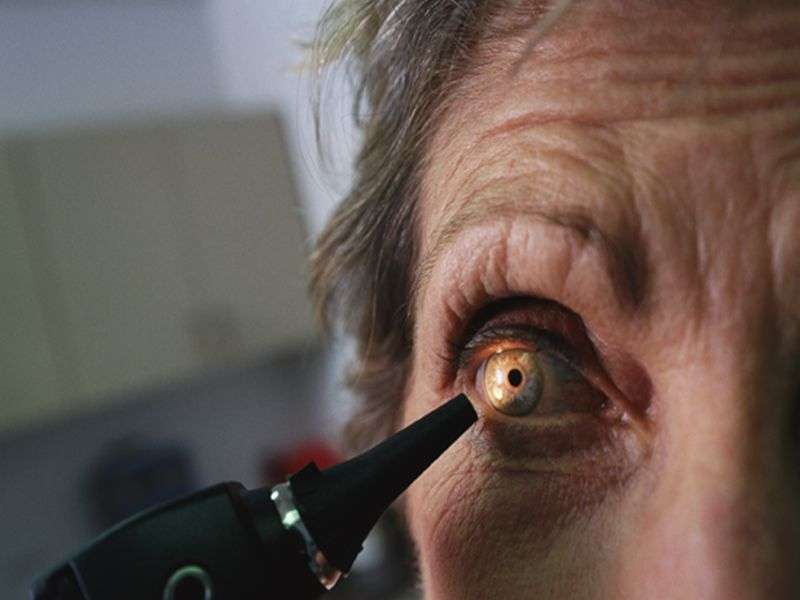Three-year delays seen in first referral for diabetic retinopathy

(HealthDay)—An average delay of 3.1 years for an initial diabetes eye exam was found in a recent Australian study. The findings were published online in a letter to the editor June 27 in Clinical & Experimental Ophthalmology.
Brigitte M. Papa, M.D., from the University of Melbourne in Australia, and colleagues examined current general practitioner (GP) management practices for DR screening in a cross-sectional survey of 598 GPs in Victoria. The survey comprised 12 questions relating to DR screening. Data were included from 198 responses to the survey, of which 175 were complete.
The researchers found that there was a mean period of 3.1 years between diabetes diagnosis and first eye referral. Overall, 53 percent of GPs reported that they referred newly diagnosed individuals for an eye check at the time of diagnosis; 23 percent referred patients at one year or more after initial diagnosis. Ninety-seven percent of GPs reported referring patients with type 2 diabetes for DR screening at least biennially. However, only 55 and 39 percent of GPs verified patient uptake of the first eye referral and confirmed receipt of a report from the eye health professional following the first eye assessment, respectively.
"This study signals the need for better systems of care to support DR screening and, ultimately, improve long-term visual outcomes for persons with diabetes," the authors write.
More information:
Abstract
Full Text (subscription or payment may be required)
Copyright © 2016 HealthDay. All rights reserved.


















